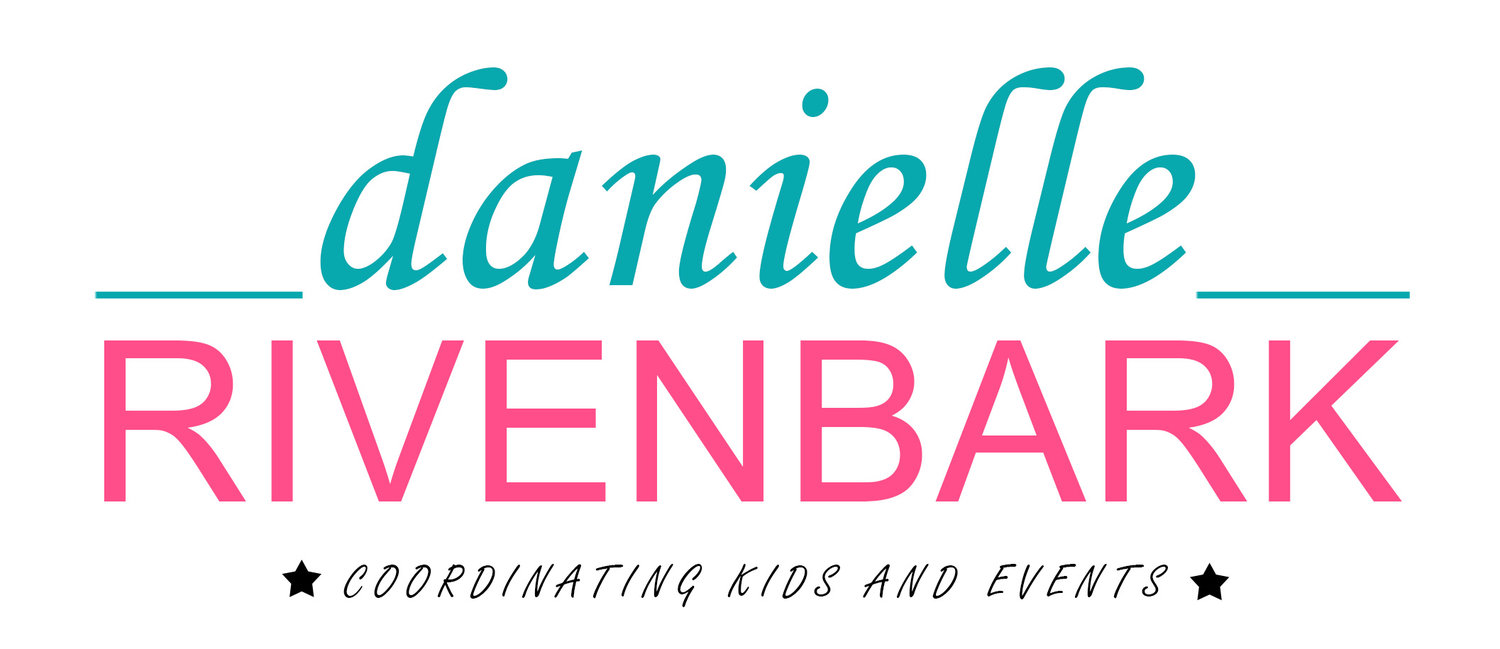Earlier this month we hosted my son’s fourth birthday. Besides the fact that I cried inside that my son is already four, everything went well. One of my girlfriends even commented about how relaxed I seemed this time. She would know. She has never missed my kids’ birthday parties. So it made me think, why was this time different than all the other times? There were a few factors, but the major one I landed on was the start time.
Upon reflection, I realized that I usually tried to plan my kids’ birthday parties around their nap schedule. Makes sense right? No one wants cranky kids that haven’t napped. Since they nap in the afternoon, having a morning party around 10 a.m. seemed natural. The issue became that I would get up at 6:30 a.m. start breakfast, feed my kids, try to decorate, make food to serve for the party, and straighten up the house, all before guests started arriving at 10 a.m. It was exhausting and I was always stressed! By the time the first guest walked through the door I was never ready.
This last time I moved the party to 2:30 p.m. I allowed myself some additional time to organize everything. I also enlisted the help of my husband even more. While he has helped me with parties in the past, he hasn’t quite wiped the sleepers from his eyes until about 10 a.m. You know, right when everyone usually arrived? Moving the party to 2:30 p.m. allowed him to ease into the morning. Everyone was calmer.
As for the kids’ naps, I said “eh, what’s one day without a nap?” They will survive even if they’re a bit cranky. As it turns out, they had even more fun than I had imagined and passed out early! Mom does a happy dance.
This forethought can apply to any event you plan.
Know yourself and your capacity
If you need to travel in for an event, allow time to setup and plan the night before. Survey the location and double-check all the arrangements prior to your event starting. If you work best in the morning consider an early start time, but I would say many work better in the afternoon. Why not plan your event for then? If you need assistance, hire someone, or bring someone to assist from your office.
Know your audience
If your audience is coming from far outside your location it may be best to start your conference or event after lunch or in the evening to allow people to travel in that day. Once they’re at the location they may need or want a conference schedule that is packed. Or they may want a nap during the first day (like my kids). Understanding their needs can ensure that everyone remains less stressed planners and attendees alike.
Know your budget
The right event start time can drastically cut down on your budget. If you want to pack two full days of education and decide to run your event from 8 a.m. to 5 p.m. both days you will likely need to provide lunch on both days. However, if you start at 1 p.m. on the first day, continue for a full day on day two, and wrap up before lunch on day three, you’re cutting out one meal that you will potentially have to provide.
This was true for my kids’ birthday parties too. A 10 a.m. start made me feel like I had to provide something close to lunch food. A 2:30 p.m. start meant I had to provide snacks. Way better on my budget and my sanity!
I had no idea that a start time could so drastically affect my events. I will be keeping this at the front of my mind from now on.

